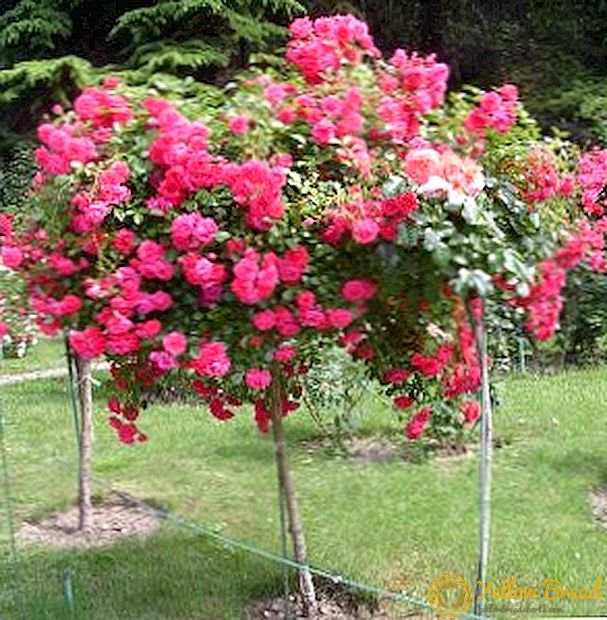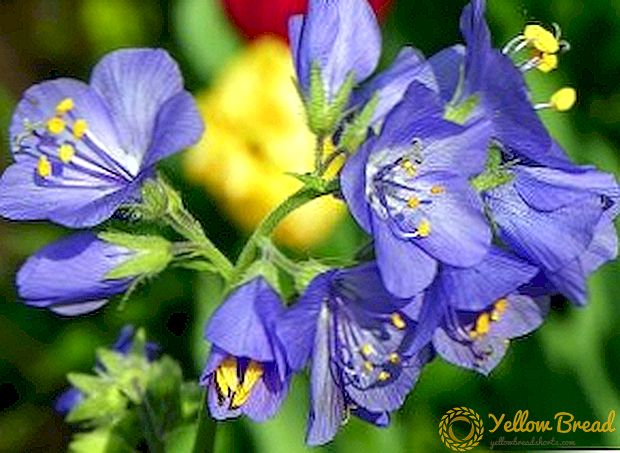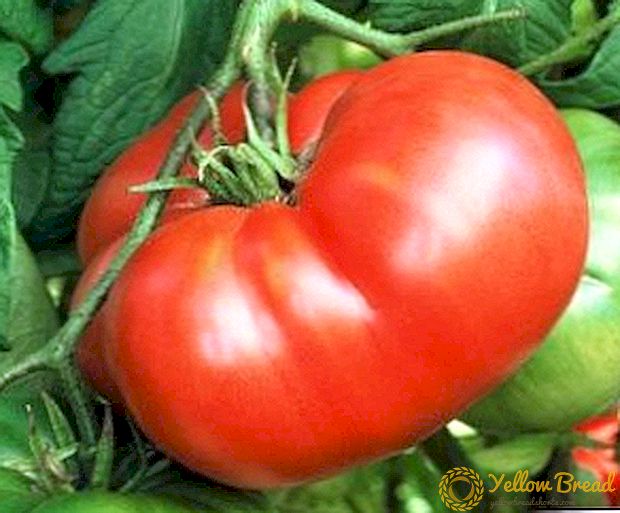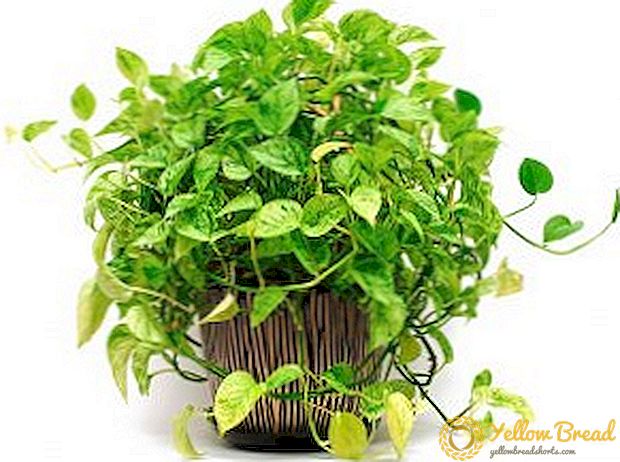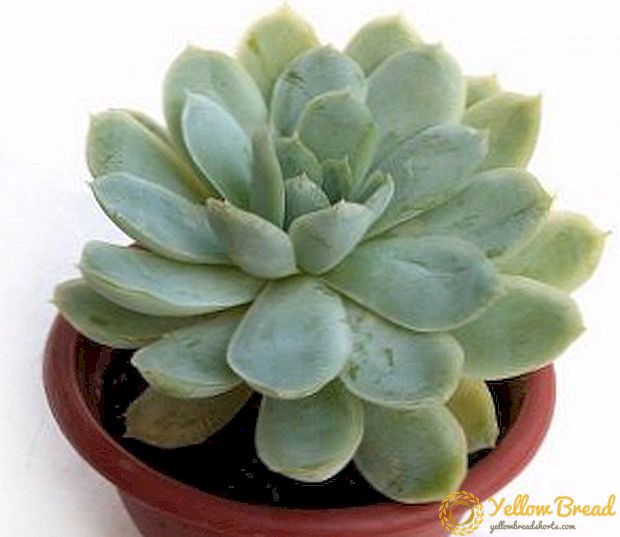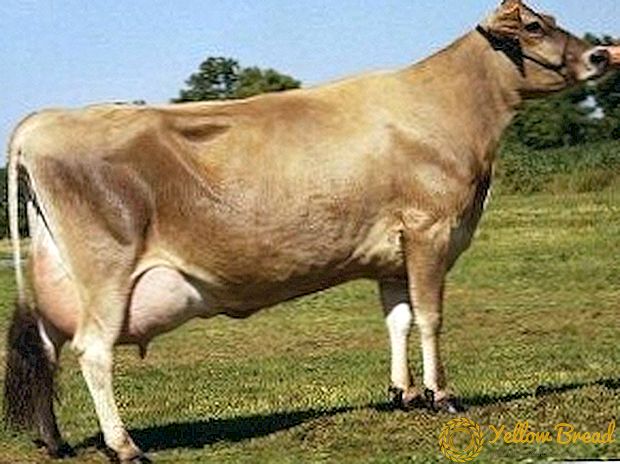 Fungicide "Shavit" is an antifungal agent used to protect agricultural products, vegetables and fruit crops from many diseases.
Fungicide "Shavit" is an antifungal agent used to protect agricultural products, vegetables and fruit crops from many diseases.
Popularity brought him high efficiency and relatively low cost.
- Activity spectrum
- Composition and release form
- Drug benefits
- Operating principle
- How to carry out drug treatment: consumption rates
- Toxicity and precautions
- Compatibility with other drugs
- Term and storage conditions
Activity spectrum
Fungal grape diseases, scab, powdery mildew on fruit trees and phytophtora are being prevented and treated.
Composition and release form
The tool is produced as a powder or water-soluble granules. Packed in plastic bags of 1 kg or 5 kg of content.
The drug consists of two active substances, allowing to fight against fungi on crops without resistance:
- folpet - 70%;
- triadimenol - 2%.

Drug benefits
Shavit has the following advantages:
- bicomponent composition guarantees a different, and therefore more effective action on fungal infection;
- does not cause addiction to the tool;
- used on various plants against a huge list of diseases;
- prevents, treats and eradicates fungal infections;
- protective effect for two weeks;
- rapid exposure due to high concentration;
- non-toxic to plants.

Operating principle
Components of the means show effective interaction in the fight against plant pathogens, destroying their cellular structure, inhibiting the process of creating new fungal masses. This ensures reliable disease prevention, long-term protection and disease control due to parasitic fungi.
How to carry out drug treatment: consumption rates
The treatment of plants with the Shavit fungicide, in particular grapes and fruit trees, is carried out according to the instructions for use for this preparation.
First of all, the fungicide granules are dissolved in water. Treat the plant is necessary in dry, preferably sunny weather using a respirator and special clothing.
Spray "Shavit" is necessary in the period before flowering plants. And further processing is possible only when a fungal infection is detected. Consumption rates:
Consumption rates:
- grapes - 2 g per square meter 2-3 times per season;
- fruit trees - 2 g per square meter 3-4 times per season;
- vegetables - 2 g per square meter 2-3 times per season.
Toxicity and precautions
The drug "Shavit" is very dangerous for animals. It has a negative effect on the inhabitants of reservoirs, because of what it is recommended to limit the use of this tool near ponds, rivers and fishery farms.
Shows particular toxicity in mammals, including humans.In this regard, when preparing solutions and treating with a preparation, it is necessary to observe precautionary measures and safety procedures as when working with toxic chemical compounds.
Compatibility with other drugs
"Shavit" should not be combined with mineral oil and alkaline preparations. The fungicide is compatible with many pesticides, but before mixing, they carry out compatibility tests, following the recommendations for each preparation.
Term and storage conditions
The drug is stored for two to three years in a special place, preventing a decrease in temperature of 0 ° C and heat more than 35 ° C.
Fungicide "Shavit" is a very effective tool in the fight against fungal plant diseases, but has several features and dangers, which implies its reasonable and responsible use.

